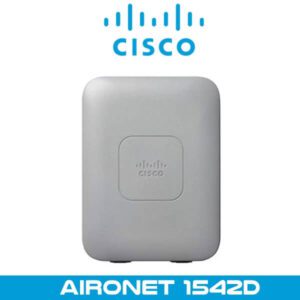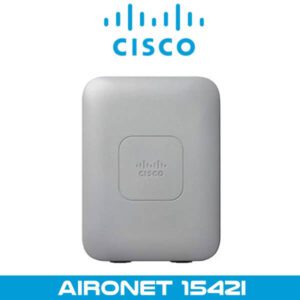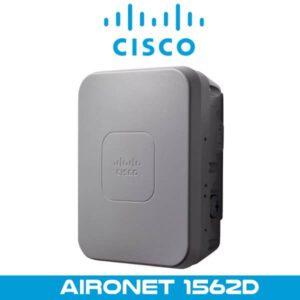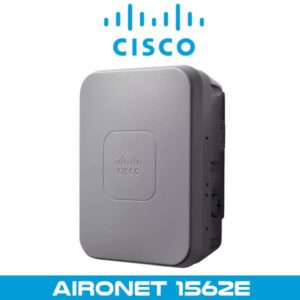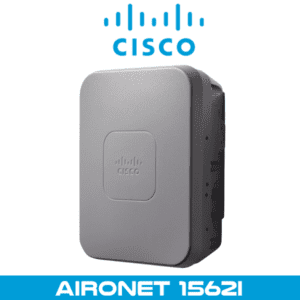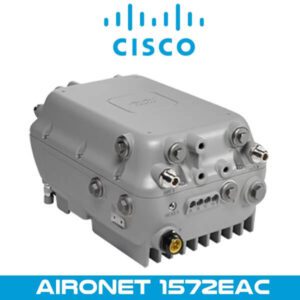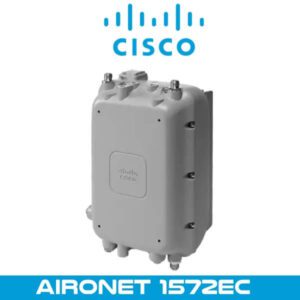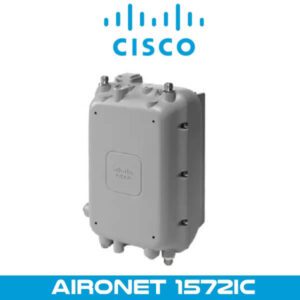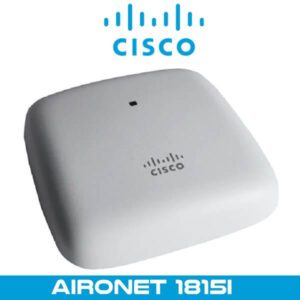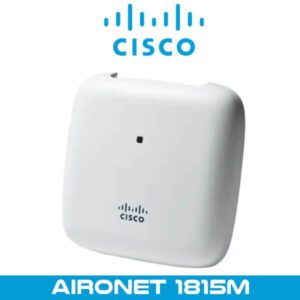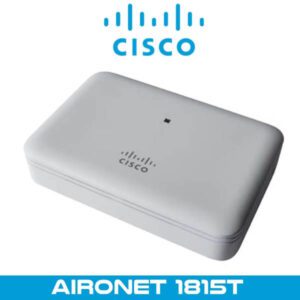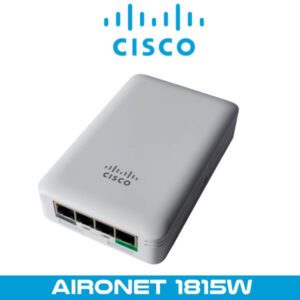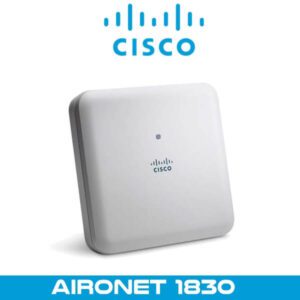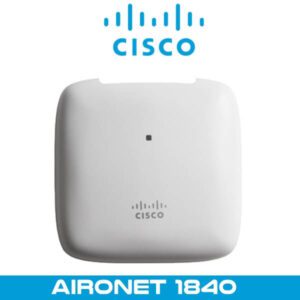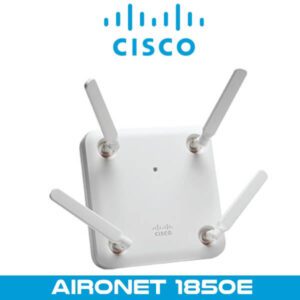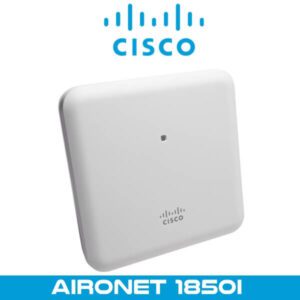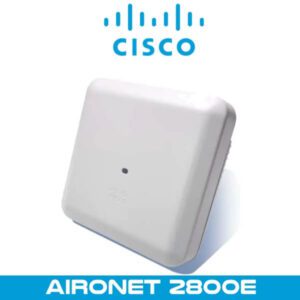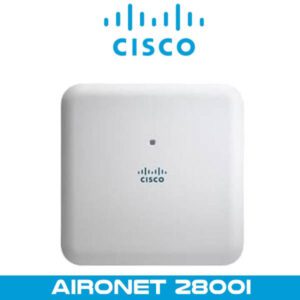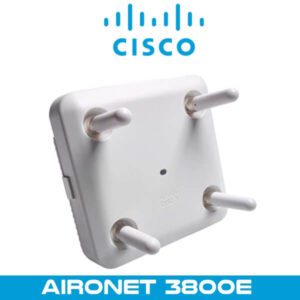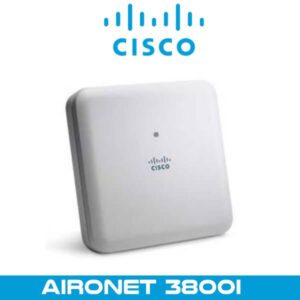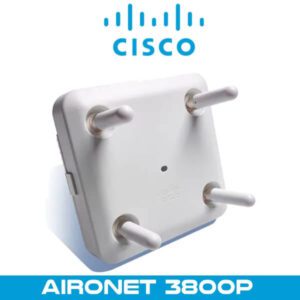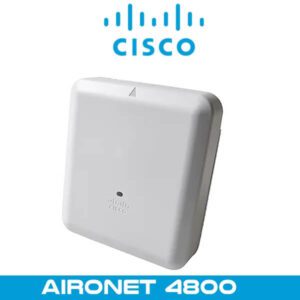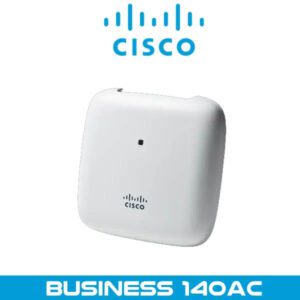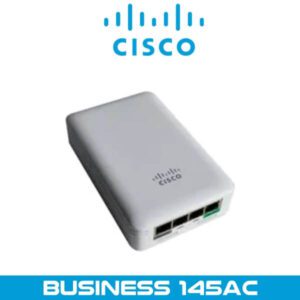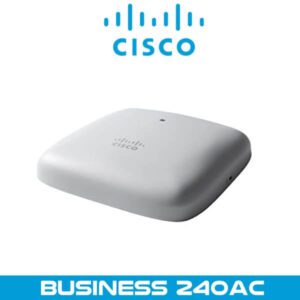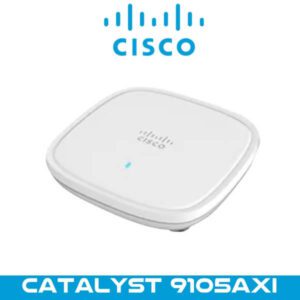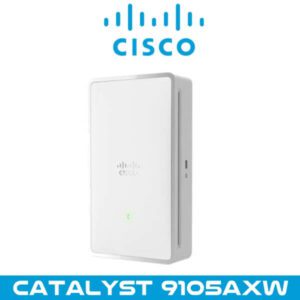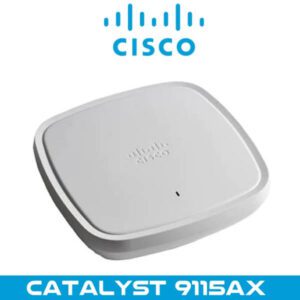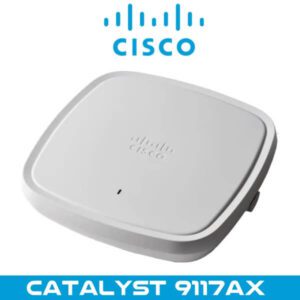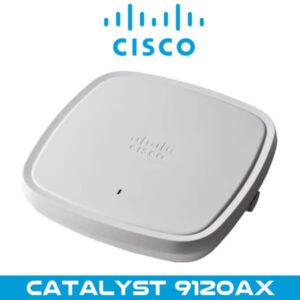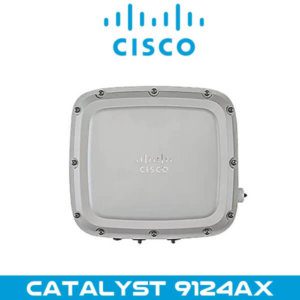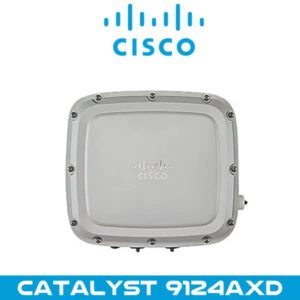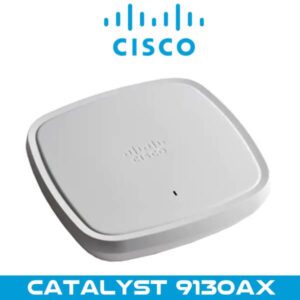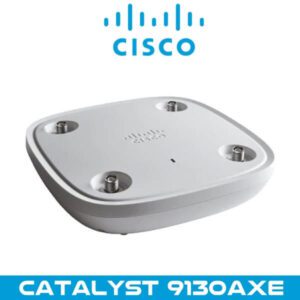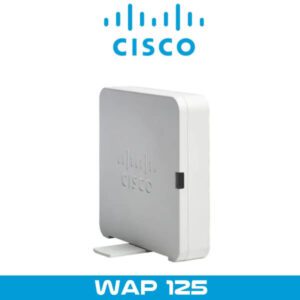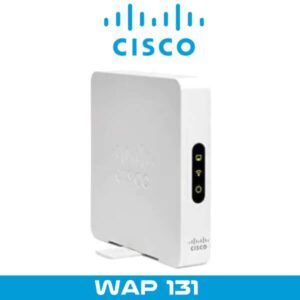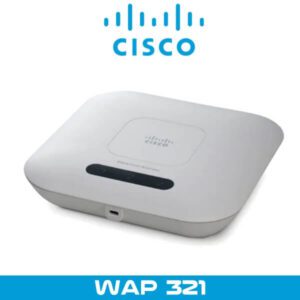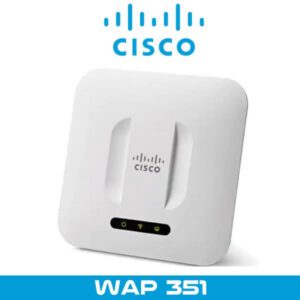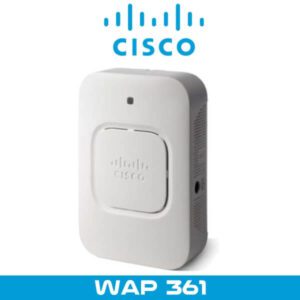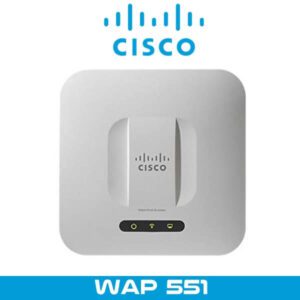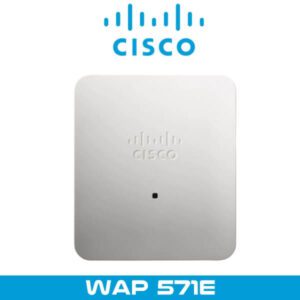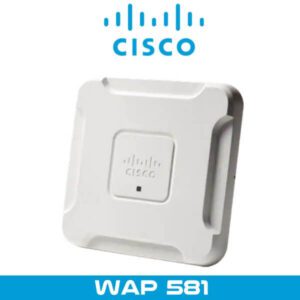Cisco Wireless Access Points Dubai

Cisco wireless access point dubai
Cisco wireless access points (APs) are networking devices that allow devices such as laptops, smartphones, and tablets to connect to a wireless network. They act as a bridge between the wired network and the wireless devices, enabling communication between them. Cisco APs support various protocols such as IEEE 802.11a/b/g/n/ac/ax, which allows them to operate in different frequency bands and at different speeds.
APs can be configured to operate in one of several different modes, including standalone, controller-based, and mesh. In standalone mode, the AP is configured independently and is responsible for managing its own wireless network. In controller-based mode, the AP is managed by a central controller, which makes it easier to manage a large number of APs. In mesh mode, multiple APs work together to create a wireless network that can cover a larger area.
Cisco APs can also be configured with various security measures to protect the wireless network from unauthorized access. These measures may include encryption, authentication, and access control.
Overall, Cisco wireless APs are an important part of any wireless network, providing a convenient and secure way for devices to connect to the network.
TYPES OF CISCO WIRELESS ACCESS POINTS
There are several different types of Cisco wireless access points (APs) that are designed to meet the needs of different environments and applications. Some common types of Cisco APs include:
- Indoor APs: These APs are designed for use in indoor environments, such as offices and homes. They are typically small and lightweight, and can be easily mounted on a wall or ceiling.
- Outdoor APs: These APs are designed for use in outdoor environments, such as parks, stadiums, and campus grounds. They are typically ruggedized and weather-resistant, and can be mounted on a wall or pole.
- Mesh APs: These APs are designed to work together to create a wireless network that can cover a large area. They can communicate with each other to route traffic, allowing the network to expand without the need for additional wired connections.
- High-density APs: These APs are designed to support a large number of devices simultaneously, making them suitable for use in crowded environments such as airports, conference centers, and arenas.
- Industrial APs: These APs are designed for use in industrial environments, such as factories, warehouses, and oil rigs. They are typically ruggedized and resistant to extreme temperatures and vibrations.
- Enterprise APs: These APs are designed for use in enterprise environments, such as offices and universities. They offer a range of features and capabilities to support the needs of these environments.
- Service provider APs: These APs are designed for use by service providers, such as ISPs and telecom companies. They offer a range of features and capabilities to support the needs of these environments.
Cisco Wireless Access Point Series
Cisco offers a wide range of wireless access points (APs) to meet the needs of different environments and applications. Some common series of Cisco APs include:
- Cisco Aironet Series: This series includes a range of indoor and outdoor APs that support the IEEE 802.11a/b/g/n/ac/ax standards. The Aironet series includes APs that are designed for use in small and medium-sized businesses, enterprise environments, and service provider networks.
- Cisco Meraki MR Series: This series includes a range of cloud-managed APs that are designed for use in small and medium-sized businesses, enterprise environments, and service provider networks. The MR series includes APs that support the IEEE 802.11a/b/g/n/ac/ax standards and offer a range of features such as security, quality of service, and wireless LAN control.
- Cisco Catalyst 9100 Series: This series includes a range of indoor and outdoor APs that are designed for use in enterprise environments. The Catalyst 9100 series includes APs that support the IEEE 802.11a/b/g/n/ac/ax standards and offer a range of features such as security, quality of service, and wireless LAN control.
- Cisco Industrial APs: This series includes a range of APs that are designed for use in industrial environments, such as factories, warehouses, and oil rigs. The industrial APs are ruggedized and resistant to extreme temperatures and vibrations, and support the IEEE 802.11a/b/g/n/ac/ax standards.
-
Cisco Umbrella APs: This series includes a range of APs that are designed for use in small and medium-sized businesses and enterprise environments. The Umbrella APs support the IEEE 802.11a/b/g/n/ac/ax standards and offer a range of security features to protect the wireless network from threats such as malware and phishing attacks.
Showing all 42 results


